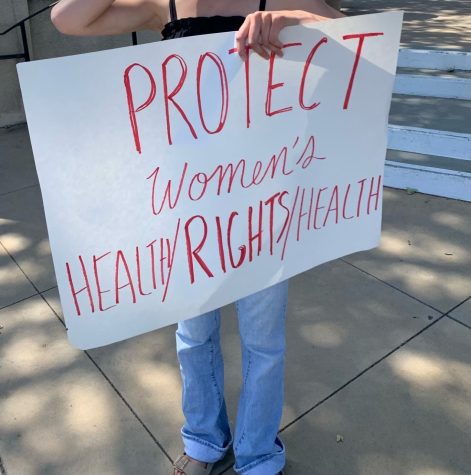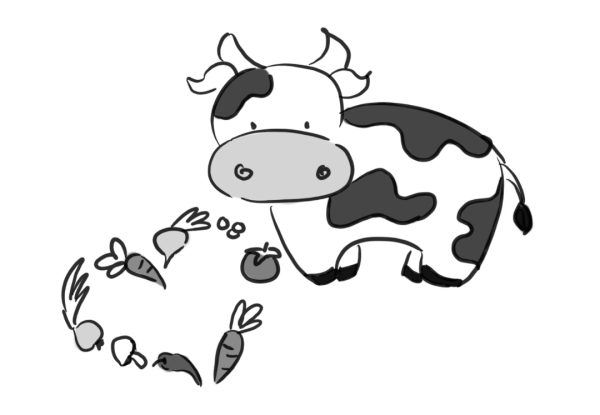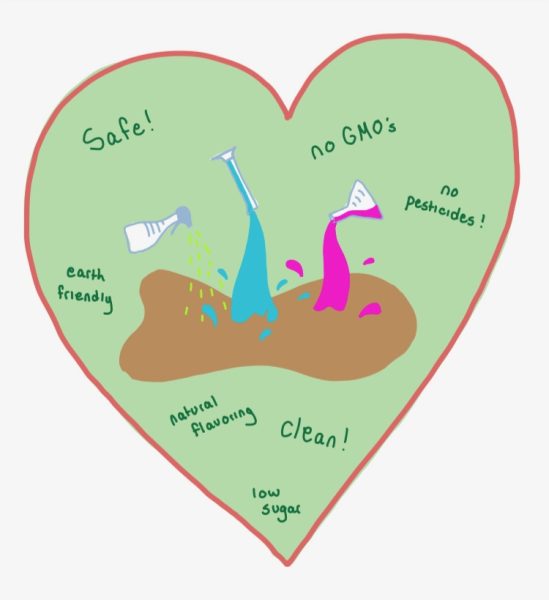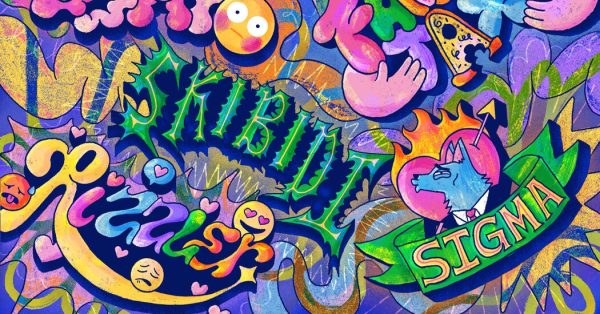Drink young, drink responsibly
“Chug! Chug! Chug!” screams a crowd of drunk college students watching a guy shotgun beer after beer. It is your freshman year in college and this is your first college party. Now, you have a choice: succumb to the pressures of fitting in and yell “chug” along with the rest of the crowd, or put your social status on hold and decide to let the guy know that he will die if he keeps chugging. Being the true American you are, you shout “chug.” Within the next hour the guy passes out and is rushed to the emergency room as you are left wondering what you could have done.
America is no stranger to the deadly habit known as “binge drinking.” In a country that claims to value the lives of its people, America does next to nothing to combat this tragedy. In most schools across the U.S., responsible alcohol consumption education is a joke and kids are taught that alcohol is poison. In a country that hosts roughly 2,200 deaths due to alcohol poisoning annually (according to the CDC), it becomes clear that America needs to take action. Lowering the legal drinking age from 21 to 18 is a crucial action that America needs to partake in for the health and lives of its people.
As defined by the Centers for Disease Control and Prevention (CDC), binge drinking is a pattern of drinking that brings a person’s blood alcohol concentration (BAC) to 0.08% or above. Such a state is reached when a person drinks too much alcohol in a short span of time. “This typically happens when men consume five or more drinks or women consume four or more drinks in about two hours,” the CDC states, continuing to inform that “most people who binge drink are not alcohol dependent.”
While the majority of binge drinkers in the U.S. are not classified as alcoholics, many are under 21. A majority of American young adults (58%) have admitted to taking their first drink before the age of 18. A whopping 7.1 million young people ages 12–20 reported that they drank alcohol beyond “just a few sips” in the past month. In the U.S., alcohol is seen as a forbidden, foreign substance that teens and young adults under 21 are inclined to experiment with. Due to this sense of rebellion that comes with consuming alcohol under 21, people under the legal drinking age consume more than 90% of their alcohol by binge drinking.
But why should America lower the legal drinking age if people under 21 abuse alcohol anyway? Wouldn’t this just exacerbate the issue? To put it simply, no it would not. While this idea may seem counterintuitive, taking away the sense of rebellion that comes along with drinking under 21 is what leads to responsible drinking habits. Italy, Canada, China, the U.K., Switzerland, Spain, Australia — the commonality between these countries is that they all possess a legal drinking age under 20. Ranging from 16 years old to 19 years old, these countries have provided a controlled experimental environment surrounding alcohol consumption, fostering positivity and responsibility.
Rather than seeing alcohol as a “forbidden fruit,” as it is seen in the U.S., countries with lowered drinking ages do not teach youth that alcohol is poison. Rather, they educate youth about mature, sensible drinking habits, teaching them at an age when they are probably going to start drinking anyway (teen years) rather than waiting to discuss alcohol until well after most people have already been drinking for years (21 or older), logic America has yet to catch onto. These tactics work as the youth is far more educated about the effects of alcohol when taking their first sips. A lowered rate of binge drinking follows a lower legal drinking age. As consuming alcohol is no longer a rebellious act, it not only becomes a topic that many are well-informed about, but also becomes something normal in the eyes of the youth.
Along with evaluating the physical benefits of lowering the drinking age, America needs to look to reevaluate the trust they put in young adults if they are going to allow 18 year olds the right to vote, to drive, to buy a house, and even to get married in most states. It is absurd that even when the majority of the American people experiment with alcohol before the age of 21, it is still seen as an illegal act.
If America is willing to give 18 year olds the utter trust, responsibility, and right to determine the very direction the country goes in, how are they not yet responsible enough to drink until three years later? The answer is simple: they are responsible enough, and 18 year olds deserve the right to consume alcohol as they see fit, which, not to mention, would be in a more controlled, responsible manner if America lowered its drinking age. It is thus time for America to step up and take real legal action. If not just for the blatant right itself, then for the lives that can be saved.
Hello there! Our goal is to provide relavent, engaging journalism for readers of all ages. Your donation will support the student journalists of the Wolfpacket at Claremont High School, and will allow us to purchase equipment, print our monthly issues, and enter in journalism competitions. We appreciate your consideration!

The 2020-2021 school year marks Ady Bolinger’s second year on the Wolfpacket staff. Bolinger, a junior at Claremont High School, holds an editorial position...
















